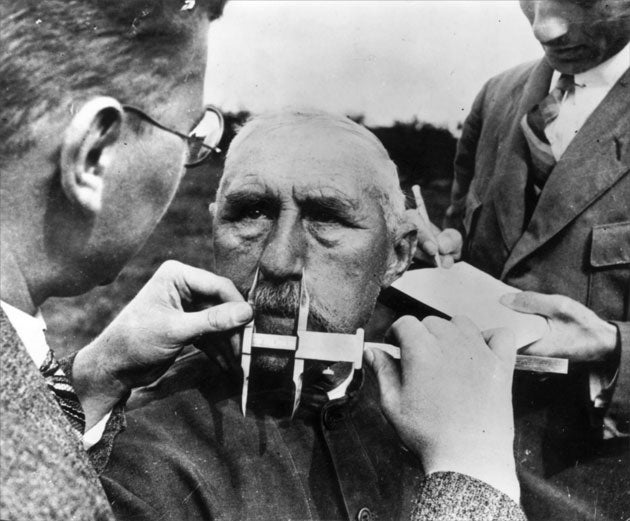Moments in Medicine podcast - From Eugenics to Newgenics

Your support helps us to tell the story
From reproductive rights to climate change to Big Tech, The Independent is on the ground when the story is developing. Whether it's investigating the financials of Elon Musk's pro-Trump PAC or producing our latest documentary, 'The A Word', which shines a light on the American women fighting for reproductive rights, we know how important it is to parse out the facts from the messaging.
At such a critical moment in US history, we need reporters on the ground. Your donation allows us to keep sending journalists to speak to both sides of the story.
The Independent is trusted by Americans across the entire political spectrum. And unlike many other quality news outlets, we choose not to lock Americans out of our reporting and analysis with paywalls. We believe quality journalism should be available to everyone, paid for by those who can afford it.
Your support makes all the difference.Eugenics is a term we associate with atrocities, but today gene therapy and fertility treatments are preventing disease and alleviating suffering. Where should we draw the line? Paul Weindling, Research Professor of History of Medicine, Roger Griffin, Professor of Modern History from Oxford Brookes, Dr. Marcus Pembrey, clinical geneticist from the Institute of Child Health, London and Emma Lake, Expert Patient Advisor for the Cystic Fibrosis Trust and CF sufferer talk to Lizz Pearson about the link between today's genetic technologies and the eugenics of the past.
Right-click here and click "Save target/link as..." to download file
Subscribe to the series on iTunes
The Centre for the History of Health, Medicine and Society: Past and Present at Oxford Brookes University is one of the premier places to study the history of medicine. Sponsored by the Wellcome Trust, its team of researchers was awarded the highest 5* status for research in 2000 and an international research rating in 2007. Today, the 13 full-time staff are at the cutting-edge of research and are committed to being at the forefront of outreach, too.
Join our commenting forum
Join thought-provoking conversations, follow other Independent readers and see their replies
Comments